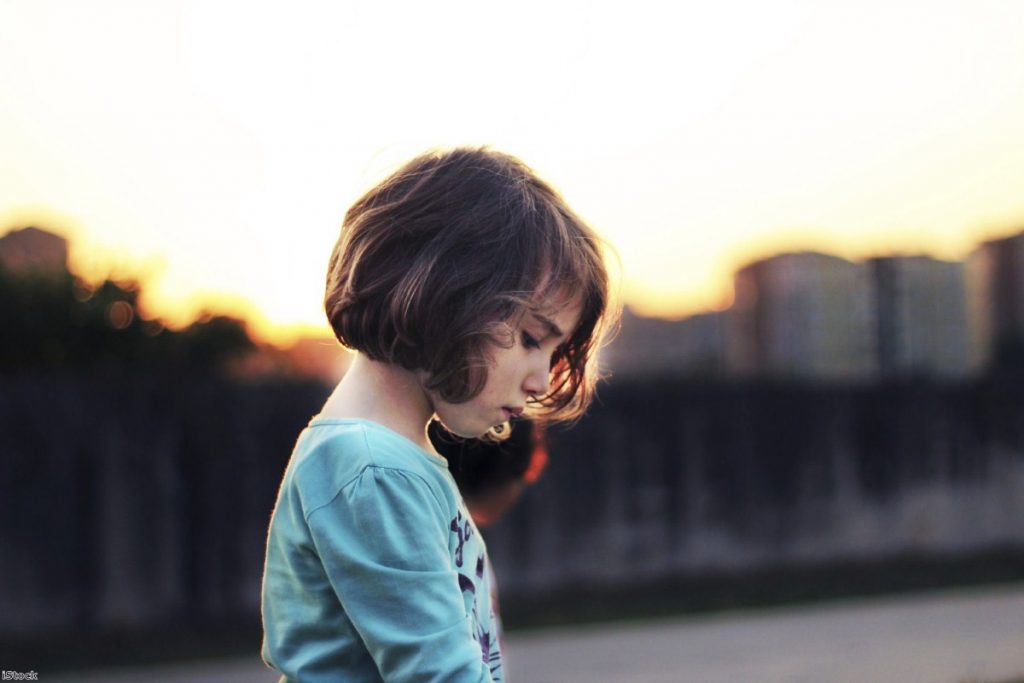By Josephine Tucker
Two weeks ago, while all eyes were elsewhere, the government published the latest UK poverty statistics. They showed that 200,000 more children are in poverty compared to last year.
At best, around a fifth of children still live below the poverty line before housing costs, and more than a quarter once housing costs are taken into account. At worst, we may be seeing the start of the greatest rise in child poverty in a generation. Earlier this year, the IFS projected what would be a devastating 50% increase in child poverty by the end of the decade.
The projected increase is due to a series of heavy cuts to social security benefits, which are not compensated by increases in the minimum wage or the personal tax allowance, and which will leave more people without the living standards of typical families.


Other experts are also concerned. The UK has recently been heavily criticised by the UN for its disregard for international law on both the rights of the child (whose best interests should be protected in law) and the right of the population to a decent standard of living. A study released this week found that, despite being one of the world's largest economies, our welfare state does a fairly poor job of protecting the vulnerable. These analyses take into account not only cuts to social security but also the effect of cuts and reforms to vital services like mental healthcare and children's centres.
Into this already toxic situation comes Brexit. We don't yet know what the fallout will be, but there have been repeated warnings about the impact on our standard of living. Before the referendum, the Bank of England warned of rising inflation and falling employment, and we heard that still deeper austerity might be on the cards.

And a rise in inflation is now widely expected. This will hit the poorest by far the hardest: three per cent inflation would see the poorest lose 3.3% of their disposable income, compared with 1.6% for the best-off. Those in receipt of working-age benefits including – child benefit, child tax credit, income support, universal credit and jobseekers' allowance – have more reason than most to worry about inflation as all of these have just been frozen for four years, along with local housing allowances which determine housing benefit rates. This has been specified in primary legislation – the 2016 Welfare Reform and Work Act – making it very difficult to reverse.
Poor households already face both higher costs and a higher rate of inflation than others, and have already seen many benefits uprated by less than inflation in recent years. The freeze will leave them further and further behind, and deprive their children. It will also do little to help local economies in the event of a recession, as families will have reduced spending power.
The threat of an immediate austerity budget seems to have receded, at least for now. But it is far from clear that social security, or services that benefit disadvantaged children, are safe from further cuts, especially if we see another recession.

In the longer term, there are fears that campaigns for wider social rights, which have often drawn on EU law, might find that this avenue is curtailed.
So will the new prime minister do more for poor families? Theresa May is apparently fully behind the government's plans to publish a Life Chances Strategy focusing on disadvantaged children. But, unless we see a truly dramatic change of course, we know that this won't have much to say about making sure families have enough money to live on. This is in spite of the wealth of evidence that poverty can devastate children’s life chances by damaging their cognitive, emotional and social development, physical and mental health, and educational outcomes.
Given the uncertainty of the EU referendum and dire warnings about the possible economic impacts of Brexit, it is surprising the government deprived itself of the opportunity to direct more resources to the most vulnerable to protect them from the fall-out. An annual review of benefit levels, or the option to reverse or postpone cuts such as the two-child limit on tax credit and universal credit payments, could have been provided for in exceptional circumstances. Instead, the government has made this kind of adjustment very difficult by putting precise commitments and schedules on the face of primary legislation.
Our leaders may now be happy to throw out the commitment of achieving a budgetary surplus, but one of the main victims of this foolhardy goal – the incomes of our poorest families – will not be so easily restored.
Josephine Tucker is the senior policy and research officer at CPAG (Child Poverty Action Group)
The opinions in politics.co.uk's Comment and Analysis section are those of the author and are no reflection of the views of the website or its owners









